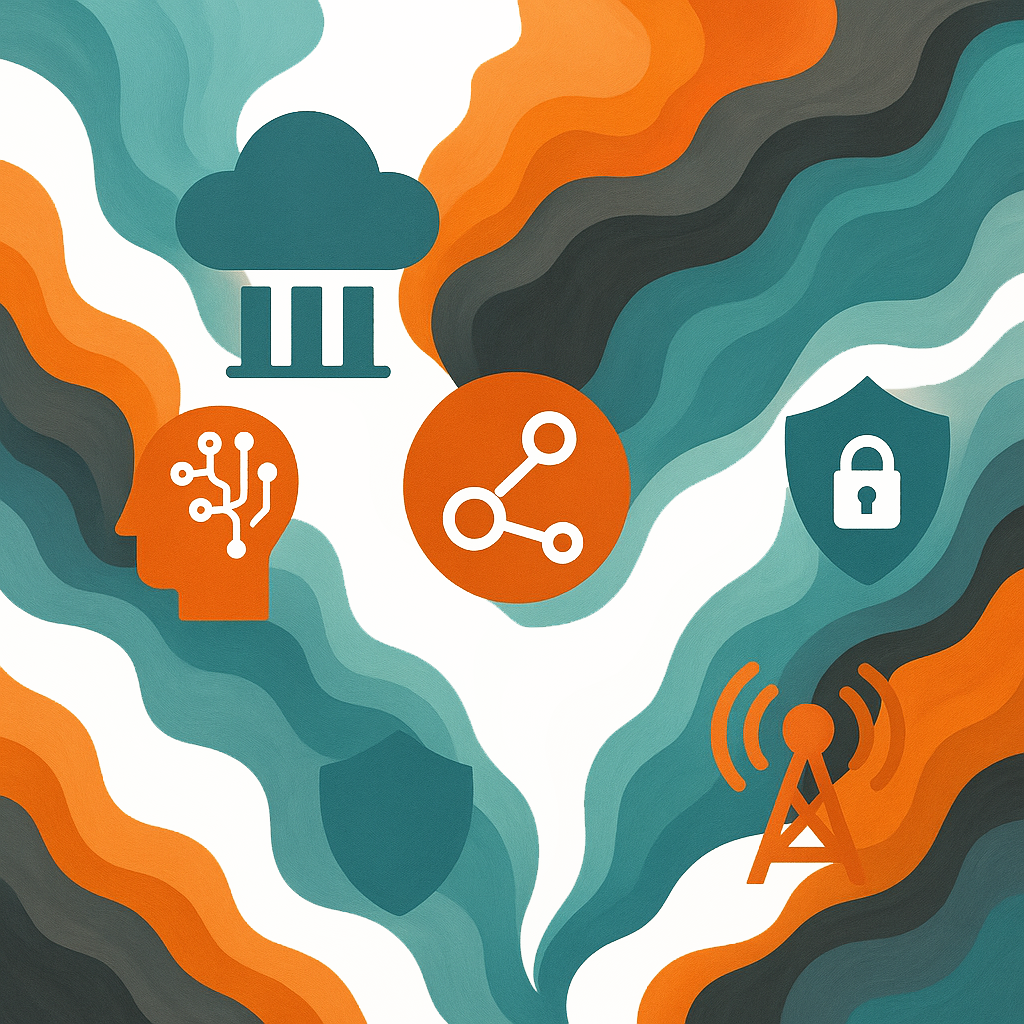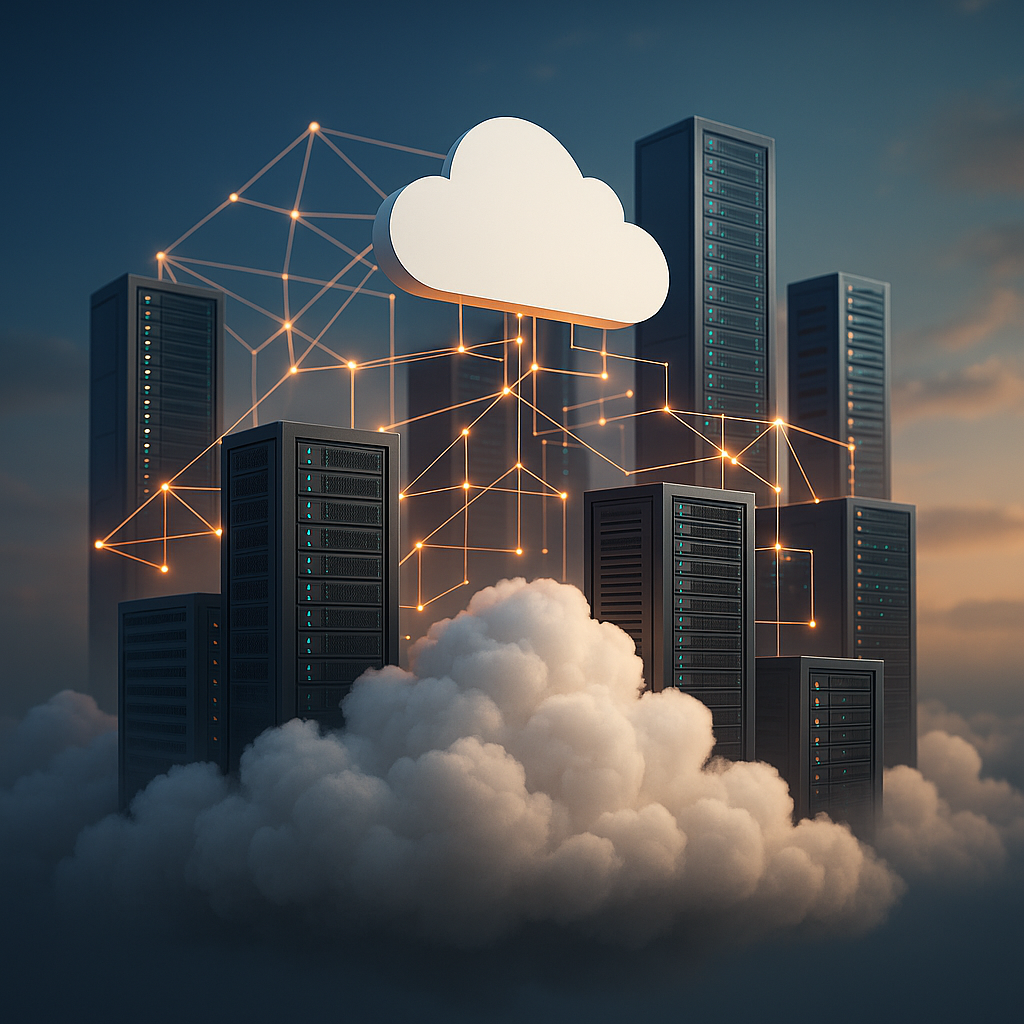Emerging Technologies Every Founder Should Know About
In the rapidly evolving landscape of modern business, leveraging emerging technologies is not merely an advantage; it is essential. For founders aiming to build scalable and resilient SaaS applications, understanding key technological advancements can determine the difference between growth and stagnation. While the technical details may seem complex, the principles behind these innovations are both accessible and transformative. Here is an overview of the most impactful technologies that every founder should understand and consider integrating into their business strategy.
Artificial Intelligence and Machine Learning
Artificial Intelligence is redefining how companies operate, offering powerful tools for automating tasks, predicting trends, and enhancing user experiences. At its core, AI enables software to perform tasks that traditionally require human intelligence, including speech recognition, decision-making, and data analysis. Machine Learning, a focused area within AI, allows systems to learn from data, identify patterns, and improve their performance over time.
For SaaS founders, the implementation of AI can streamline operations, optimize customer interactions, and drive smarter decision-making. For instance, customer service platforms enhanced with AI-driven chatbots can handle routine inquiries instantly, allowing human agents to focus on complex issues. Predictive analytics can assist sales teams in anticipating client needs, improving outreach, and increasing retention. By integrating AI into business processes, companies can achieve greater precision and responsiveness.
Cloud Computing and Scalable Infrastructure
Building a technology platform that grows alongside your business is crucial. Cloud computing enables this by providing on-demand access to computing power, storage, and application hosting. Unlike traditional server setups that require large upfront investments and ongoing maintenance, cloud platforms operate on a flexible, consumption-based model.
For founders, this means that infrastructure can scale smoothly as user demand increases. When your SaaS application gains traction, additional resources can be allocated instantly, ensuring consistent performance without interruption. The cloud also supports global accessibility, allowing your services to reach users wherever they are located, all without the limitations of physical hardware.
Internet of Things
The Internet of Things (IoT) represents a vast network of physical devices that collect and share data over the internet, such as:
- Sensors
- Smart appliances
- Industrial machines
For SaaS platforms, IoT introduces the capability for real-time data collection, smarter decision-making, and enhanced automation.
Consider the logistics industry, where smart sensors can track shipments in real time, providing updates on location and condition. In smart office solutions, connected devices can adjust lighting, temperature, and security based on real-time occupancy. For founders building SaaS applications aimed at connected environments, understanding IoT opens opportunities for greater efficiency and deeper insights.
Cybersecurity as a Strategic Imperative
As digital platforms expand, so do the risks associated with data breaches and cyber threats. For SaaS founders, safeguarding user data is not just a legal obligation; it is a cornerstone of building trust and maintaining business continuity. Modern cybersecurity strategies employ intelligent monitoring and automated threat detection to identify vulnerabilities before they can be exploited.
Investing in strong security protocols protects your platform and reassures your customers. This includes:
- Data encryption
- Secure authentication methods
- Regular security audits
A proactive approach to cybersecurity prevents costly disruptions and strengthens your company’s reputation in a competitive marketplace.
5G and Edge Computing
The next generation of connectivity has arrived, and its name is 5G. This technology enables faster internet speeds and more reliable connections, which are crucial for SaaS applications that demand real-time data processing. When combined with edge computing—where data processing occurs closer to the user instead of a centralized data center—5G significantly reduces latency and enhances application responsiveness.
For founders, this translates to smoother user experiences, faster data transfers, and the ability to deploy complex applications without concerns of lag or downtime. As mobile-first platforms and remote work continue to expand, 5G and edge computing will play critical roles in delivering seamless service across multiple devices and locations.
Practical Steps for Founders
Understanding these technologies is the first step; applying them effectively is the next. For non-technical founders, the path forward begins with foundational shifts, such as migrating to cloud infrastructure and implementing basic AI tools. From there, strategic integration of IoT devices or enhanced cybersecurity measures can follow as the business scales.
Partnerships with technology firms that specialize in SaaS development and scalable infrastructure can also bridge the knowledge gap. Rather than navigating these complexities alone, aligning with experts accelerates implementation and reduces the risks associated with technology adoption.
Building a SaaS application that is prepared for growth requires more than just vision; it demands the right technology stack, robust security measures, and the capacity to scale seamlessly as demand increases. Founders who embrace these emerging technologies position their companies for long-term success in an increasingly digital world.




